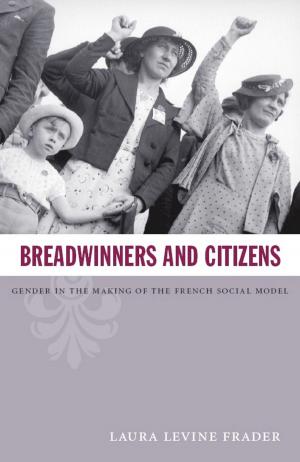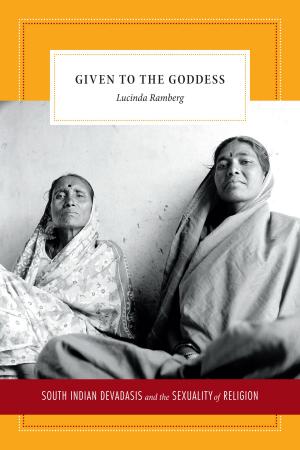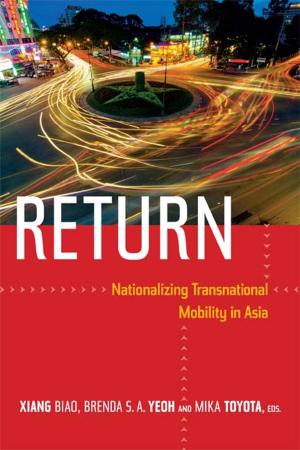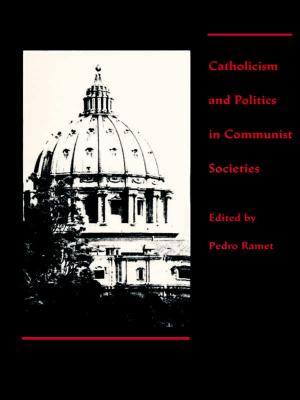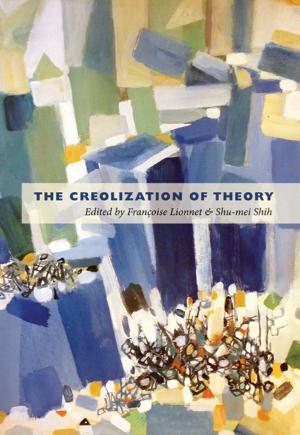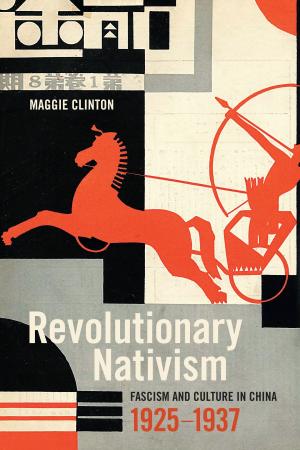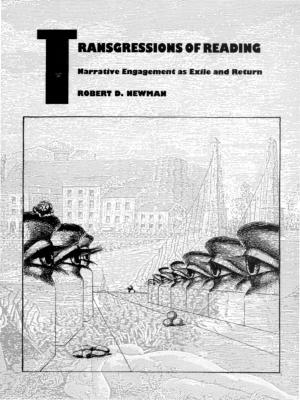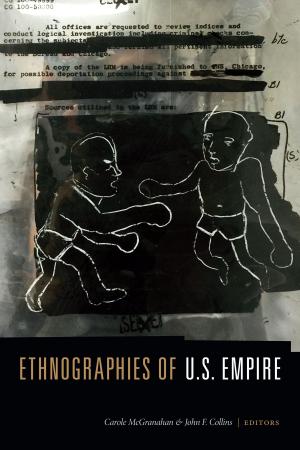| Author: | Michael D. Jackson | ISBN: | 9780822385561 |
| Publisher: | Duke University Press | Publication: | March 8, 2004 |
| Imprint: | Duke University Press Books | Language: | English |
| Author: | Michael D. Jackson |
| ISBN: | 9780822385561 |
| Publisher: | Duke University Press |
| Publication: | March 8, 2004 |
| Imprint: | Duke University Press Books |
| Language: | English |
In 2002, as Sierra Leone prepared to announce the end of its brutal civil war, the distinguished anthropologist, poet, and novelist Michael Jackson returned to the country where he had intermittently lived and worked as an ethnographer since 1969. While his initial concern was to help his old friend Sewa Bockarie (S. B.) Marah—a prominent figure in Sierra Leonean politics—write his autobiography, Jackson’s experiences during his stay led him to create a more complex work: In Sierra Leone, a beautifully rendered mosaic integrating S. B.’s moving stories with personal reflections, ethnographic digressions, and meditations on history and violence.
Though the Revolutionary United Front (R.U.F.) ostensibly fought its war (1991–2002) against corrupt government, the people of Sierra Leone were its victims. By the time the war was over, more than fifty thousand were dead, thousands more had been maimed, and over one million were displaced. Jackson relates the stories of political leaders and ordinary people trying to salvage their lives and livelihoods in the aftermath of cataclysmic violence. Combining these with his own knowledge of African folklore, history, and politics and with S. B.’s bittersweet memories—of his family’s rich heritage, his imprisonment as a political detainee, and his position in several of Sierra Leone’s post-independence governments—Jackson has created a work of elegiac, literary, and philosophical power.
In 2002, as Sierra Leone prepared to announce the end of its brutal civil war, the distinguished anthropologist, poet, and novelist Michael Jackson returned to the country where he had intermittently lived and worked as an ethnographer since 1969. While his initial concern was to help his old friend Sewa Bockarie (S. B.) Marah—a prominent figure in Sierra Leonean politics—write his autobiography, Jackson’s experiences during his stay led him to create a more complex work: In Sierra Leone, a beautifully rendered mosaic integrating S. B.’s moving stories with personal reflections, ethnographic digressions, and meditations on history and violence.
Though the Revolutionary United Front (R.U.F.) ostensibly fought its war (1991–2002) against corrupt government, the people of Sierra Leone were its victims. By the time the war was over, more than fifty thousand were dead, thousands more had been maimed, and over one million were displaced. Jackson relates the stories of political leaders and ordinary people trying to salvage their lives and livelihoods in the aftermath of cataclysmic violence. Combining these with his own knowledge of African folklore, history, and politics and with S. B.’s bittersweet memories—of his family’s rich heritage, his imprisonment as a political detainee, and his position in several of Sierra Leone’s post-independence governments—Jackson has created a work of elegiac, literary, and philosophical power.





